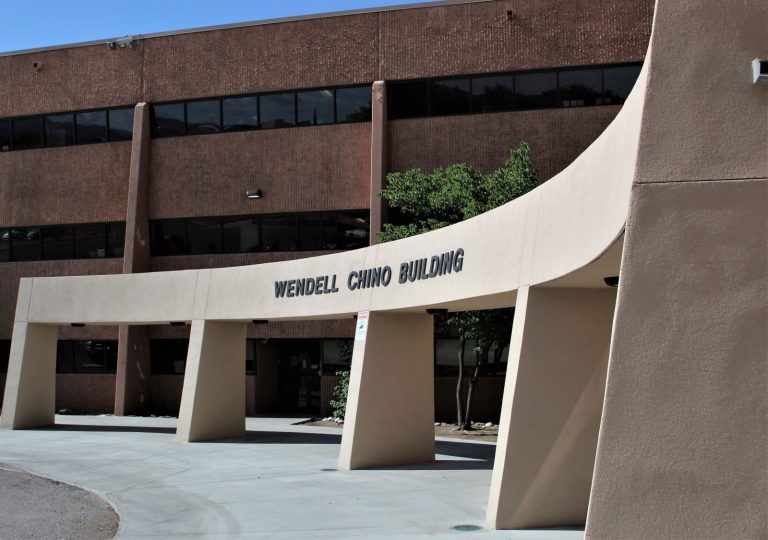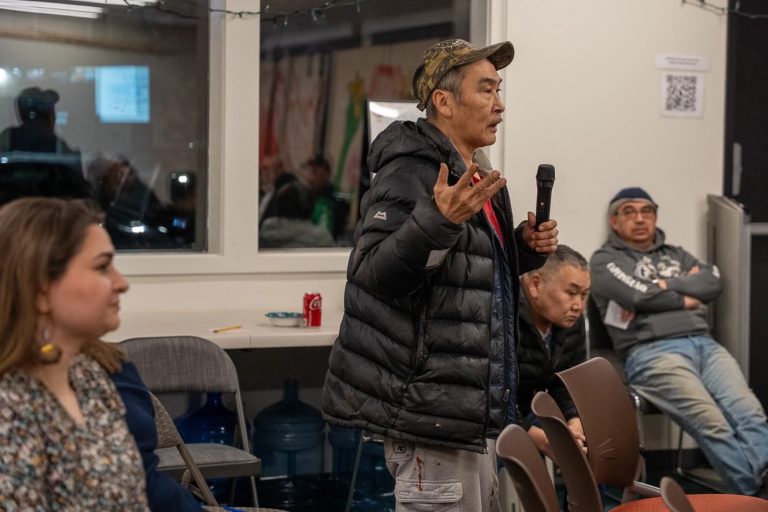Podcast: Play in new window | Download | Embed
Photo: Mount Konocti in Lake Co., Calif. (tawnn)
A divided vote by county supervisors in Northern California recommend changing the name of the community of Kelseyville due to its connection to a 19th century settler who murdered, raped, and enslaved Wappo and Pomo peoples.
As Jacob Resneck reports, the decision bucks a countywide referendum held last month, where a majority wanted to keep the name.
Kelseyville was named for Andrew Kelsey, a 19th century settler from Kentucky who was killed in 1849 in an uprising by tribal members resentful of his ill-treatment of their people.
The following year, a bloody reprisal on Clear Lake by the U.S. calvary killed hundreds of people, in a dark chapter known as the Bloody Island Massacre.
A citizen-led movement has pushed to change the town’s name to Konocti, after the volcano that towers over the town 95 miles north of San Francisco.
But an advisory referendum on the November ballot found that more than 70% of voters were in favor of keeping the name.
Opposition to the name change came from business owners.
Mark Borghesani’s family has owned Kelseyville Lumber since the 1950s and said a change would be hasty.
“There was no discussion of what the name Konocti would be. There was no discussion of the impacts to businesses. There’s no discussion of the harm that’s being done to this town, to our community.”
Lake County’s Native American leaders say the lopsided result validates the racism in the community.
“I wanted it on record where this county stood with its Native population. It’s on record now. No running away from it.”
That’s Moke Simon, an elected member of the county board of supervisors and tribal chairman of the Middletown Rancheria of Pomo Indians of California.
He said the conversations sparked by this controversy has created a point of no return for the county reckoning with its past and present.
“This isn’t going away. Whether you think you win or you lose, one side or the other. Here the education has started. People have stood in this room and said, I did not know what this vote meant or who we are voting for. The education has started town of Kelseyville. Name will change before they put me back in the earth. I’ll guarantee that.”
But it’s not a done deal.
The California Advisory Committee on Geographic Names meets in February and will deliberate on the recommendation.
The final decision to change the name to Konocti – or something else entirely – rests with the U.S. Board of Geographic Names.
 New Year’s Eve – like many holidays – is often celebrated with adult-themed parties and alcohol.
New Year’s Eve – like many holidays – is often celebrated with adult-themed parties and alcohol.
A Portland, Oreg. group is offering a free event that caters to those who’d rather ring in 2025 with their families, minus the booze.
As KLCC’s Brian Bull reports, it may be one of the oldest – if not the first – such pow-wows in the U.S.
The 37th Annual Sobriety Powwow will be at the Oregon Convention Center.
The Native American Rehabilitation Association of the Northwest (NARA) organized the event.
SandeBea Allman is NARA Northwest’s Chief Community Engagement Development Officer.
“To offer a clean and sober environment, for folks to celebrate.”
She says it all began in the 1980s with NARA’s Cultural Director Phillip Archambault, who wanted an event for those staying sober or just wanting to avoid the alcohol scene entirely.
“And also, some of the local Oregon and Washington tribes have created their own sobriety powwow, and Phillip took pride in that, that maybe they got the idea from NARA, so then they’d told us, ‘Hey, we want to do our own’, y’know, so we have our elders, we have our little ones, there’s things for everyone to enjoy.”
NARA Northwest’s Sobriety Powwow features kids’ activities in the afternoon, and goes through midnight, just into the New Year.
Get National Native News delivered to your inbox daily. Sign up for our daily newsletter today.



